Family social theory alevel
0.0(0)
Card Sorting
1/40
Earn XP
Description and Tags
Study Analytics
Name | Mastery | Learn | Test | Matching | Spaced |
|---|
No study sessions yet.
41 Terms
1
New cards
Edgell
1980 Parents we're sharing more childcare than previously
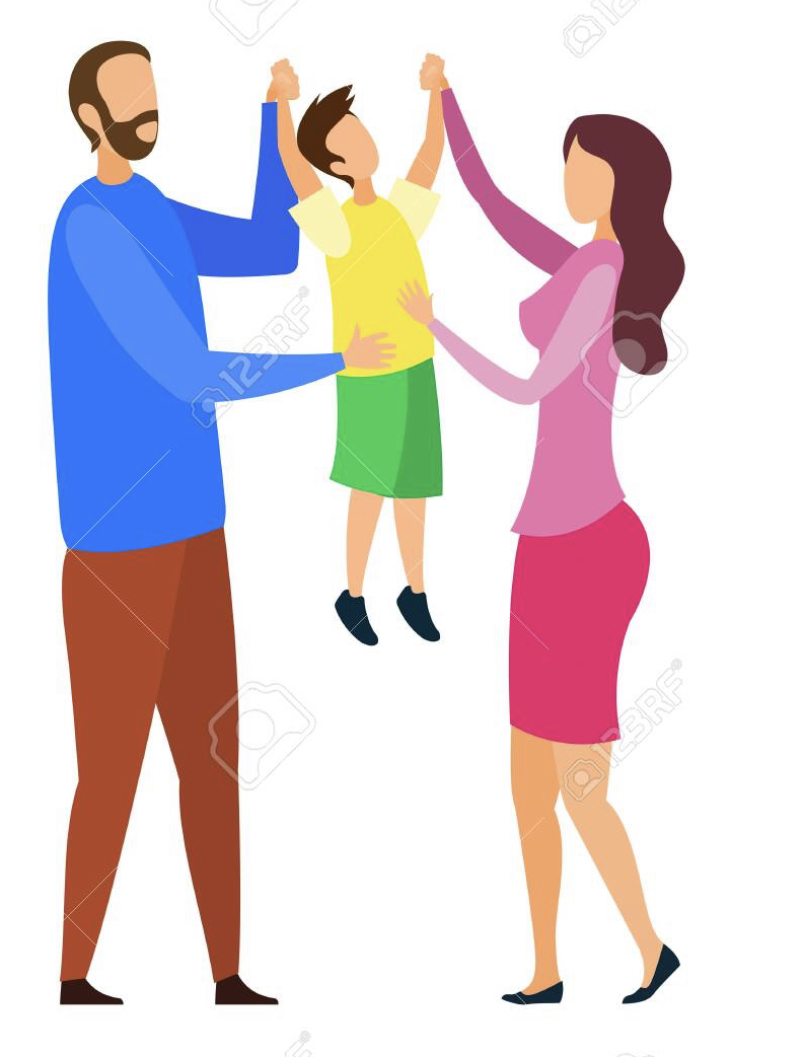
2
New cards
Phahl
1989 unemployed men did more domestic work than employed men but women still did most of it
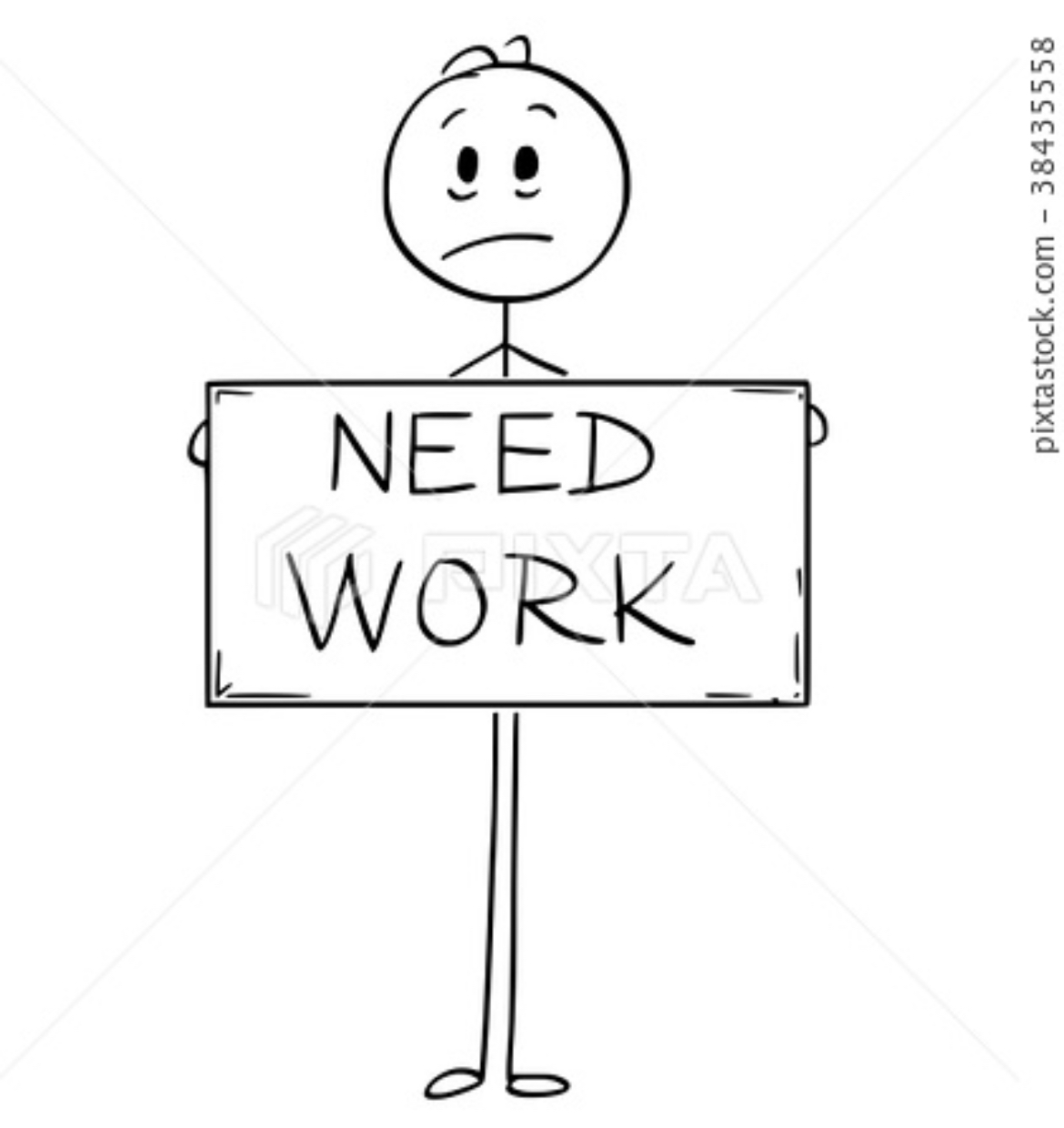
3
New cards
Gershuny
In 1994, the longer a women was in employment, the more work the husband tended to do
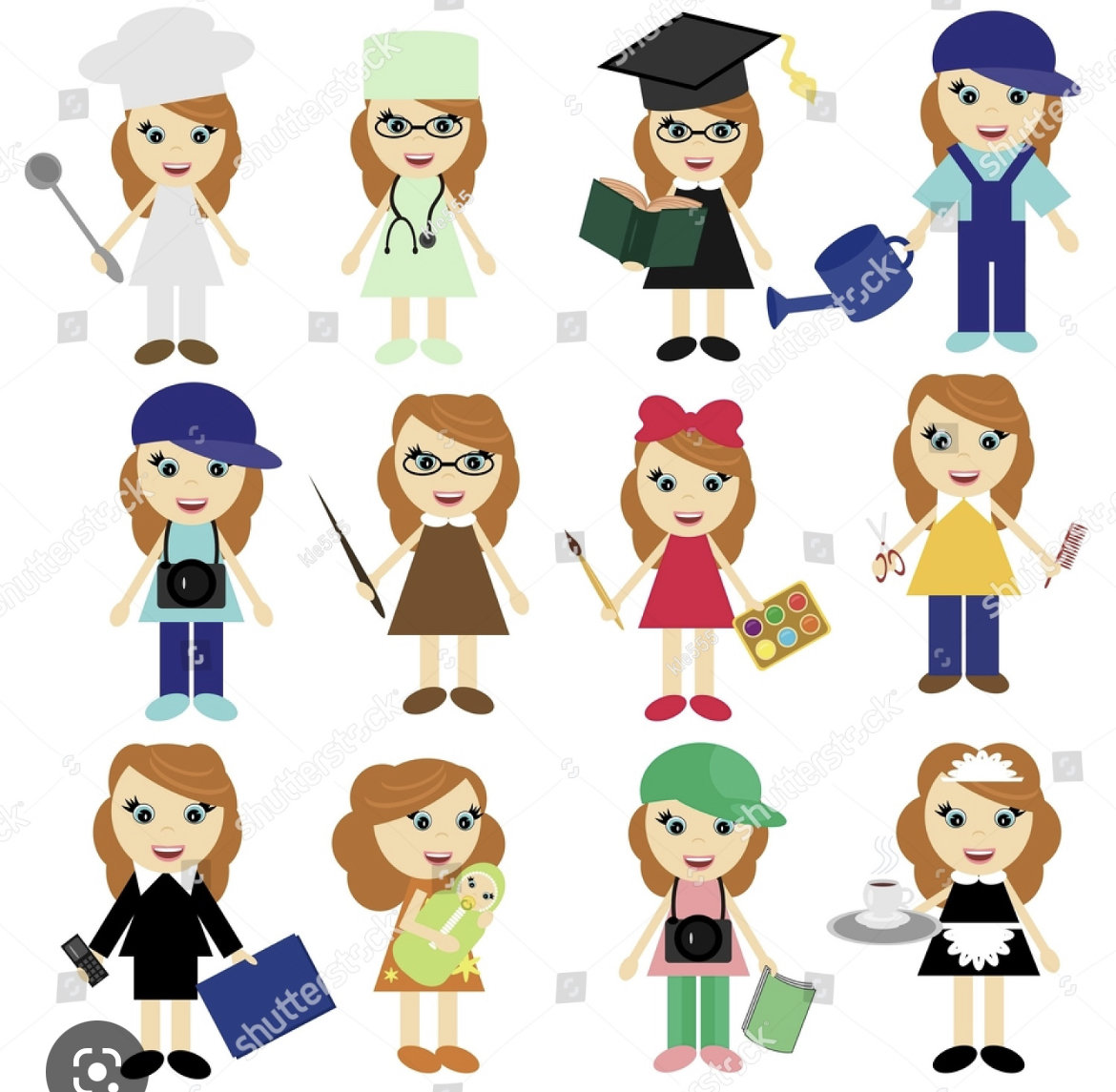
4
New cards
Dunne
1999 lesbian couples were symmetrical due to the absence of gender scripts

5
New cards
Duncombe and Marsden
1995 identified emotional work in the family. Triple shift

6
New cards
Parsons DDOL
1955 nuclear family and segregated conjugal roles
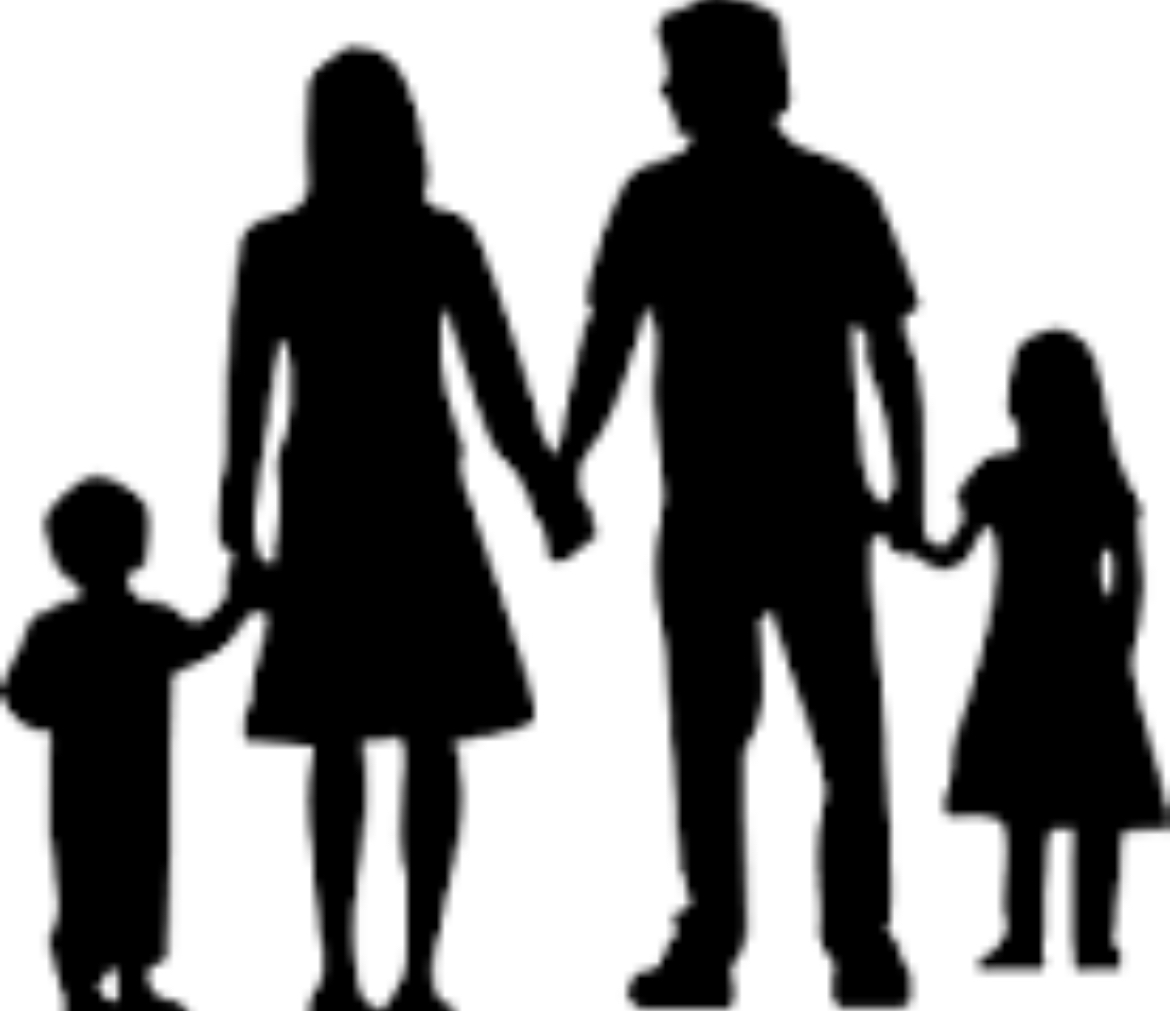
7
New cards
Willmott and Young
Argue that couples are becoming more symmetrical
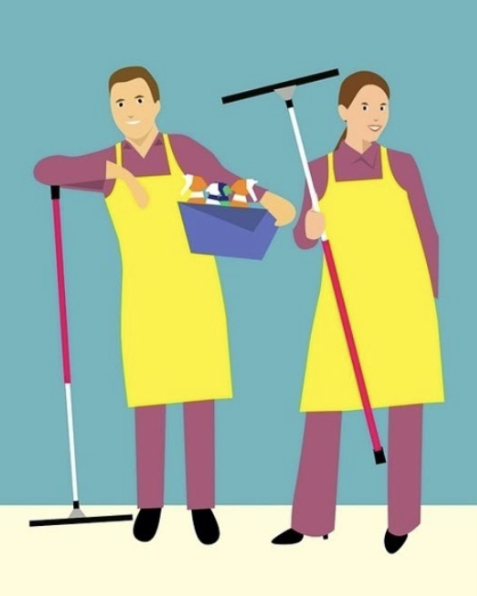
8
New cards
Ann Oakley
1974 men only took part in pleasurable tasks
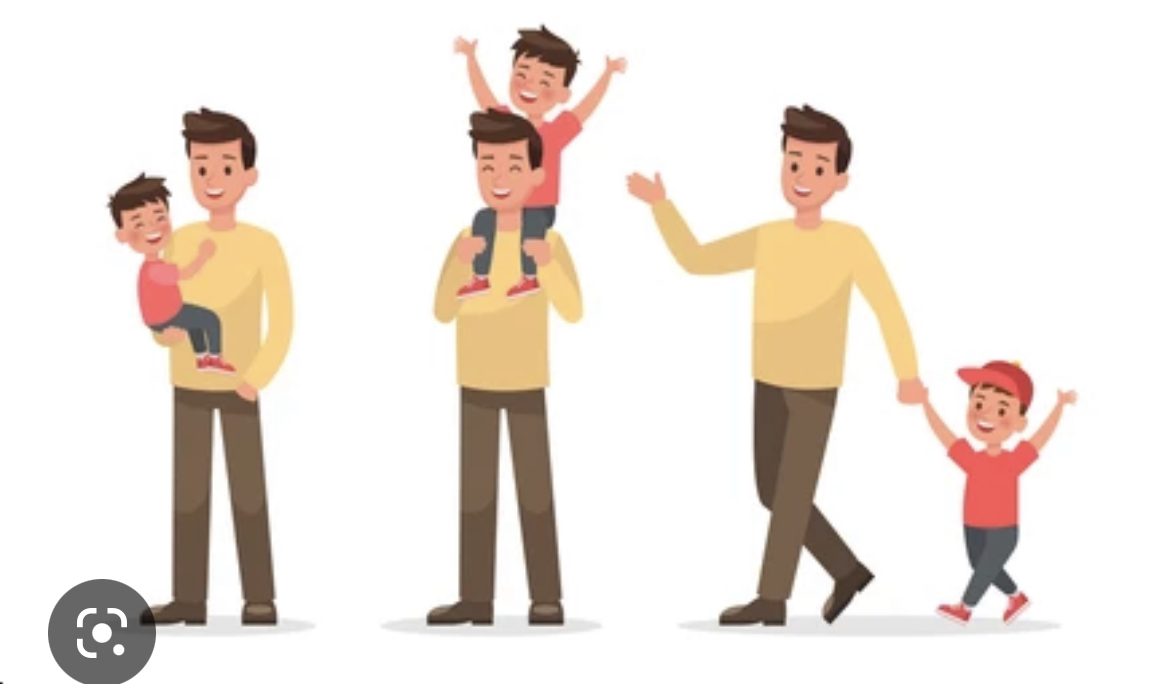
9
New cards
Laurie and Gershuny
(2000) Women with higher wages were more likely to have a say

10
New cards
Crompton and leyonette (material)
(2008) As women generally earn less at work they are expected to do more housework

11
New cards
Crompton and Lyonette (cultural)
Unequal division of financial decisions is down to patriarchal norms and values
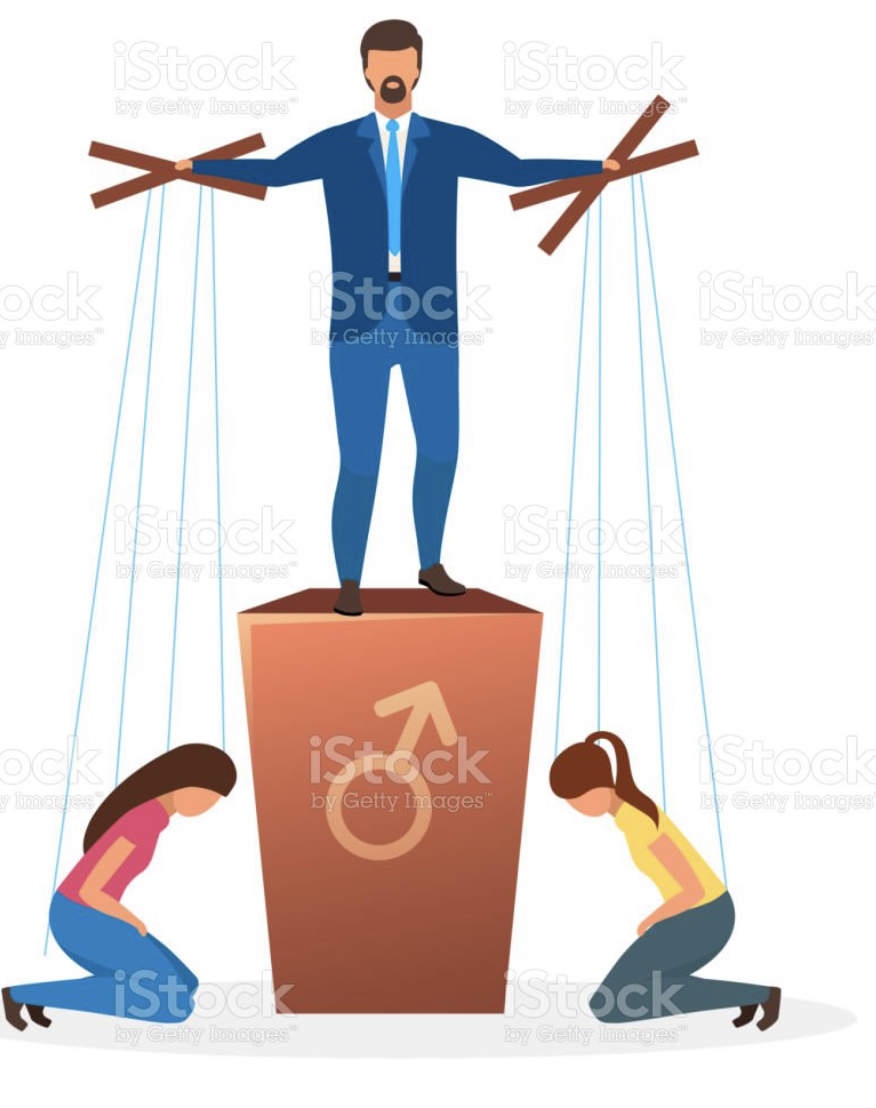
12
New cards
Gershuny
(1995) couples whose parents had more equal relationships were more likely to share housework equally themselves

13
New cards
Smart
(2007)same sex couples did not see control of money as a sign of inequality
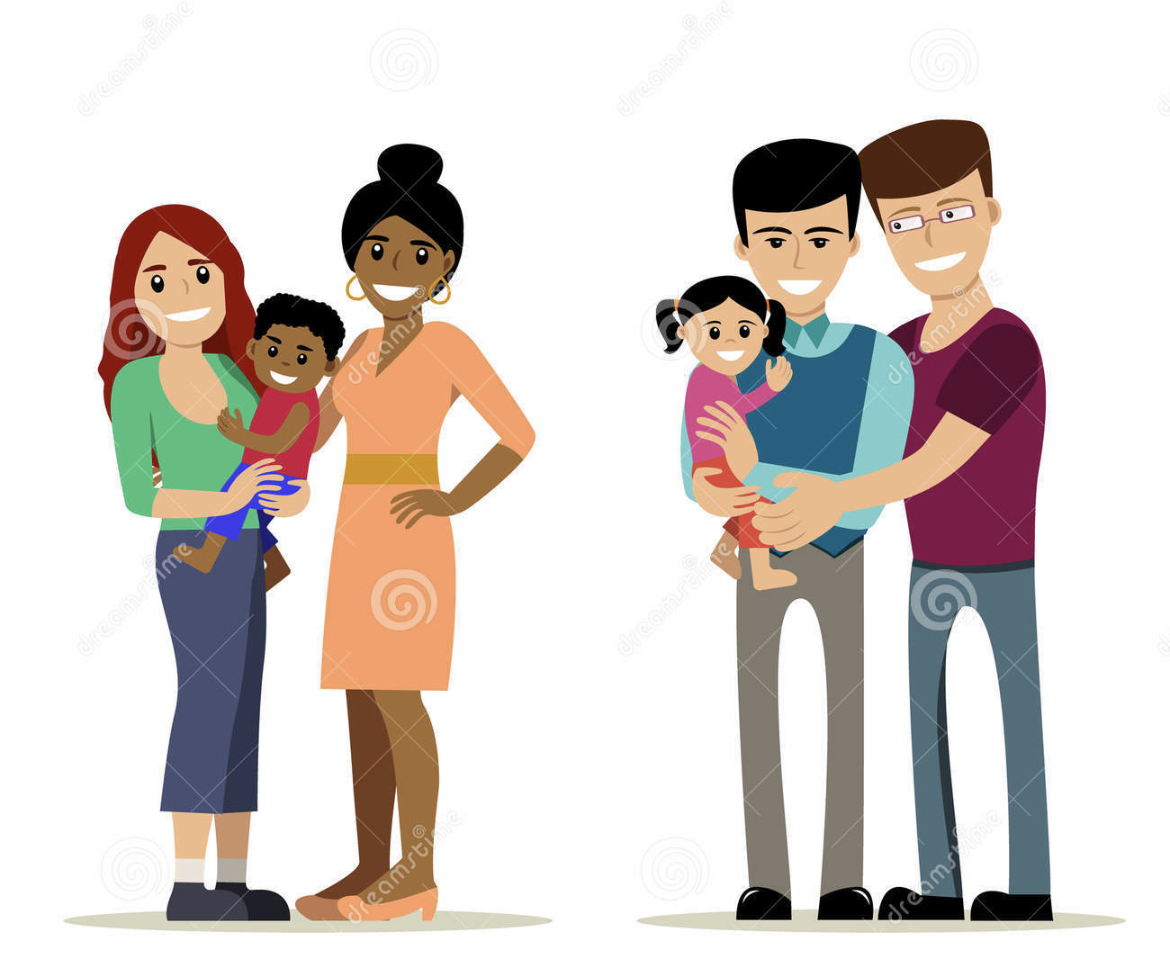
14
New cards
Dobash and Dobash
The dark side of the family and police fail to take domestic violece seriously
15
New cards
Murdock
1949 functionalist 4 functions of the family. sexual, reproductive, economic, educational
16
New cards
parsons role of the family
1950s. 2 functions of the family: PRIMARY SOCIALISATION and STABILISATION OF ADULT PERSONALITIES 'warm bath theory'. The family changed from the extended to the nuclear family to meet the needs of industrial society.
17
New cards
Engles Role of the family
1820-1895. The family is proof of paternity so property can be passed down to the right people. The women provided sex and offspring in return for financial security of the husband.
18
New cards
Althusser
1971 In order for capitalism to survive the working class must submit to the working class. The family is and IDEOLOGICAL STATE APPARATUS which passes on the beliefs of the ruling class and keeps people in a false class consciousness.
19
New cards
zaretsky
1976 The family serves the needs of capitalism because men are able to come home and be 'the king of his castle' so he WONT REBEL at work.
20
New cards
difference feminism (Nicholson)
All women experience family different due to their circumstances and believes that all types of family should be socially accepted because they suit the needs of women in different circumstances.
21
New cards
Marxist feminists
(Ansley)
(Ansley)
1972 'takers of shit' women soak up the frustration of men due to the exploitation they experience in work.
22
New cards
Liberal feminism
(somerville)
(somerville)
2000 Womens position has improved due to more choices and freedom
23
New cards
Radical feminism
(Greer)
(Greer)
2000 Female household is an alternative to the hetrosexual family as they wont be exploited by men
24
New cards
Smart personal life
2007 CONNECTEDNESS THESIS. 5 key concepts memory, biograpghy, embeddedness, relationality and perception
25
New cards
Stacey personal life
women are able to choose and leave their family. divorce-extended family
26
New cards
Aries 1962
childhood came around during the industrial revolution and previously didn't exist
27
New cards
Palmer 2006
'TOXIC CHILDHOOD'. Schools, the media and cultural changes damages children's emotional, physical and intellectual development.
28
New cards
Phillips
children now lack discipline and are too PRIVILEGED
29
New cards
Postman 1994
childhood is disappearing due to media
30
New cards
Jenks 2005
Childhood is still verry different but changing. there is more of a focus on preparation for the future and a CHILD CENTRED FAMILY is needed for this leading to over protection.
31
New cards
Tranter 1996
The death rate has declined due to a decrease on infectious diseases
32
New cards
McKeowin 1972
improved nutrition and improvement of general public health has decreased death rate
33
New cards
Eriksen
transnational identities
34
New cards
Vertovec 2007
super diversity
35
New cards
Mitchell and Goody 1997
since the 1960s there has been a rapid decline in the stigma attached to divorce.
36
New cards
Fletcher
people have high expectations of marriage and divorce so they can seek the ideal marriage
37
New cards
Giddens
Relationships are now built on only love and therefore only last as long as it satisfies both partners
38
New cards
Coast 2006
75% of cohabiting couples expected to marry each other
39
New cards
Benjin 1985
for younger people cohabitation is replacing marriage as it represents a conscious attempt to create a more equal relationship than a patriarchal marriage
40
New cards
Mirza 1997
Higher rates in black lone parent families is due to the high value that black women place on independence
41
New cards
ballard
in 1950 and 1960 Asian extended families provided support for migrants